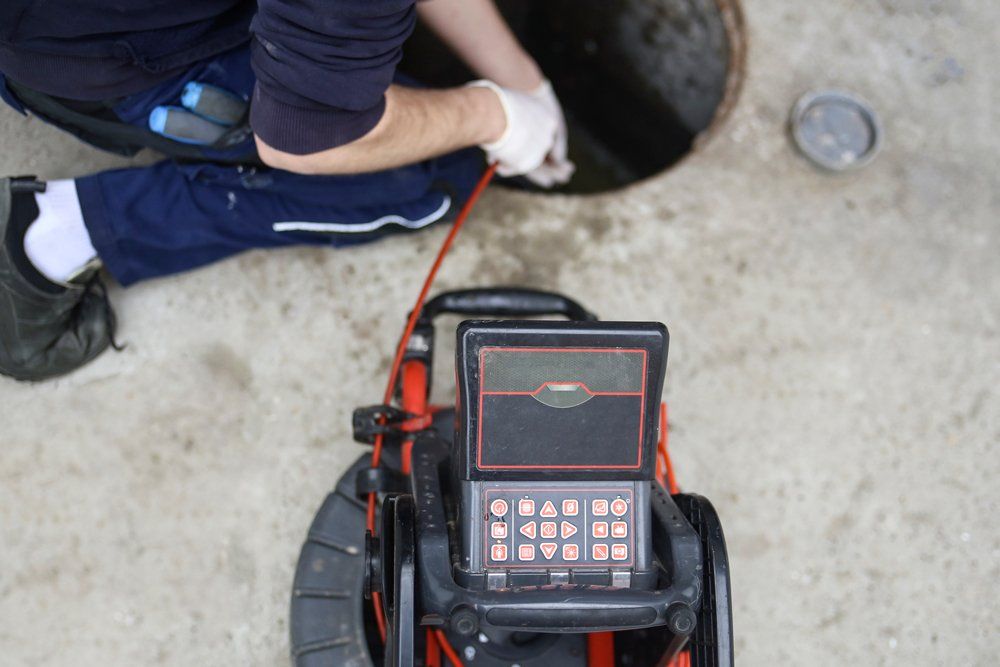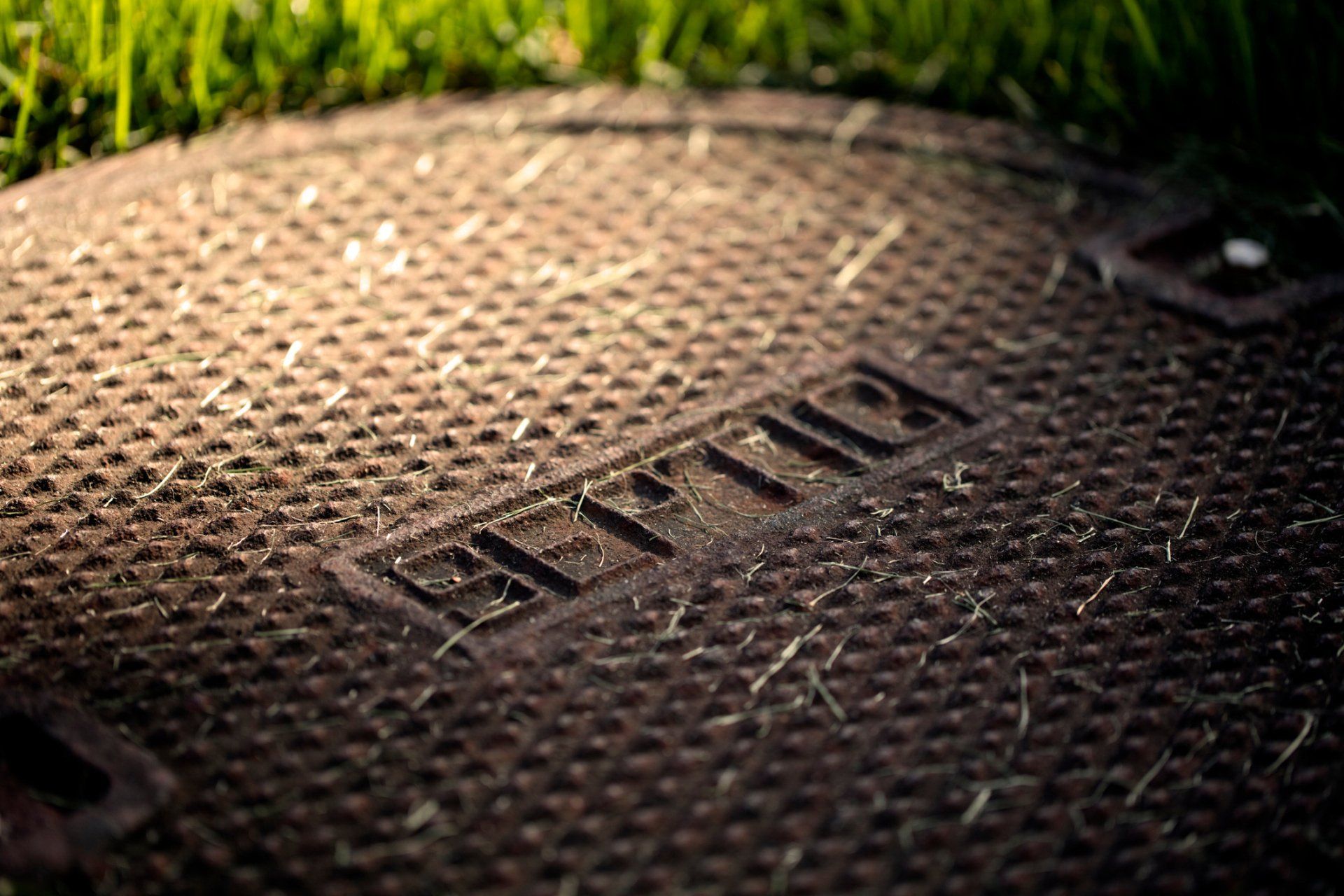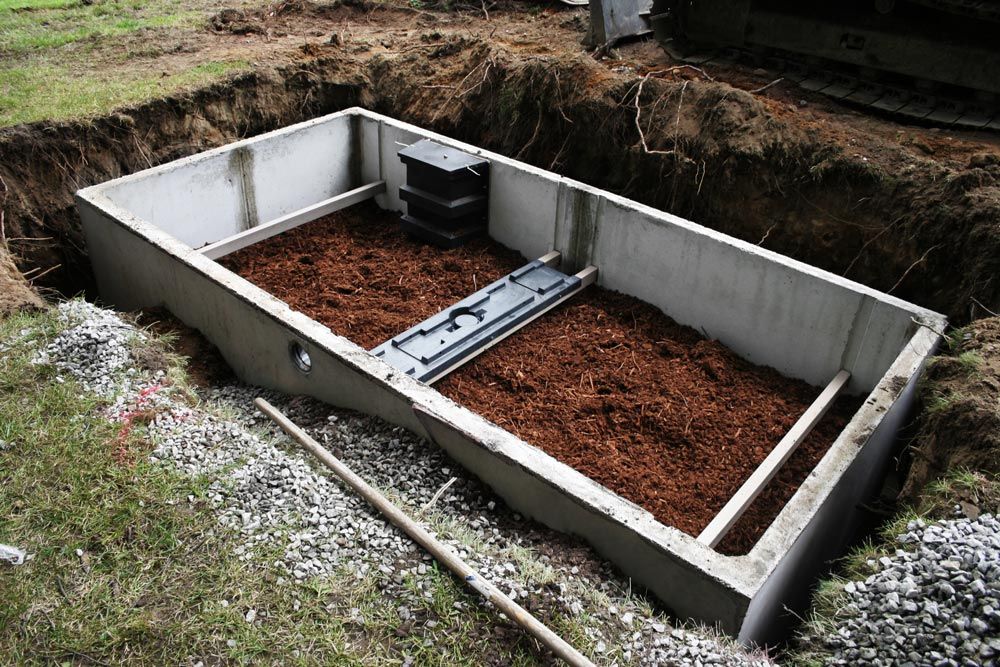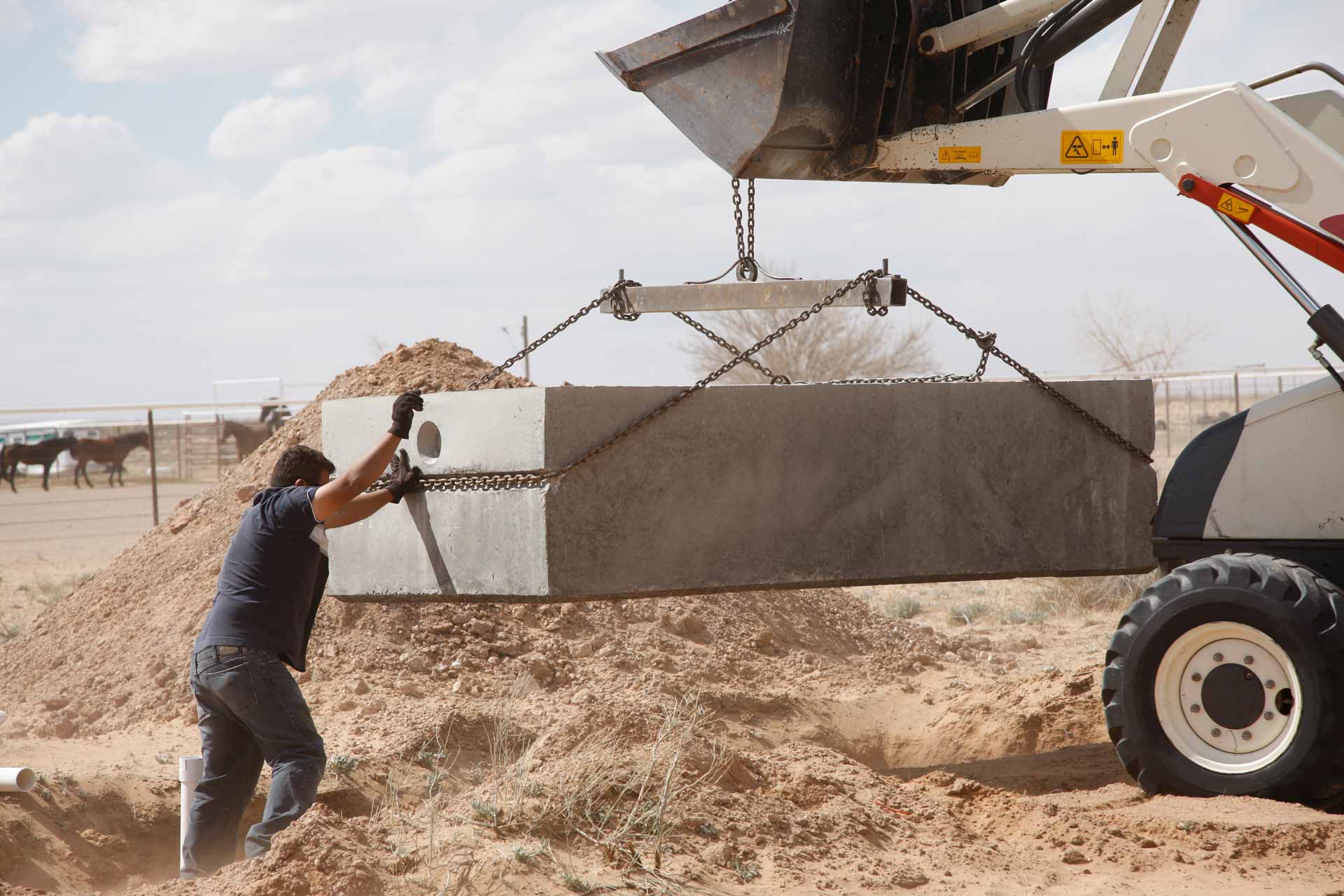SIMPLE TIPS FOR GREASE TRAP MAINTENANCE
- By Admin
- •
- 02 Mar, 2017
- •
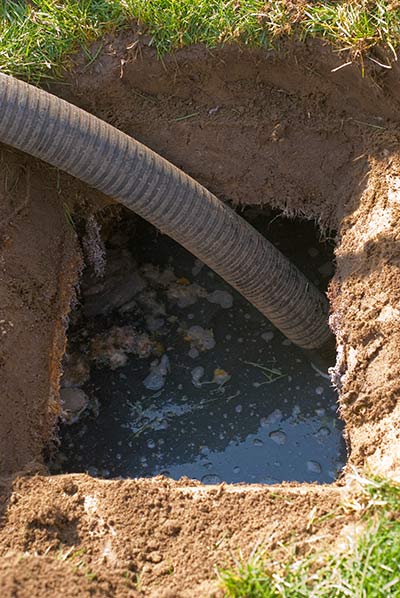
Grease traps are a necessary component in a healthy waste water system and a hygienic food establishment. With proper maintenance and servicing, they can offer years of convenient operation. Make regular checks, proper waste disposal and scheduled service part of your upkeep plan for the best results.
REMOVE WASTE BEFORE YOU WASH
The easiest way to prolong the life of your trap and to increase the length of time necessary between service calls is to train your staff to dispose of solid waste and oils properly. Removing scraps and food particles prior to washing keeps the trap free of debris and prevents it from filling prematurely.
STICK TO A SCHEDULE
Many municipalities have codes that dictate the maximum amount of time that can pass between professional cleaning visits. While you certainly should adhere to these guidelines, many establishments actually require more frequent service to maintain a healthy oil-to-water ratio. Once the volume of grease reaches 25 percent of the total, service is necessary. Scheduling timely visits helps you avoid having to replace your trap prematurely.
AVOID UNNECESSARY TREATMENTS
Many quick fix methods can actually damage your grease trap or cause expensive sewage backups. While biological agents will break up grease and emulsify it, this increases the chances that it will adhere to your downstream sewage pipes, which can cause slow drainage and blockages. You should also avoid pouring boiling water through your trap, which flushes grease past the trap where it can adhere to the surface of your pipes. Serious problems are costly to repair and often cause unwanted emergencies for restaurant owners.
At Pete’s Outflow Technicians, we have over 62 years of experience maintaining grease traps and working with business owners throughout Santa Cruz, Watsonville and Soquel. We also work on septic tank maintenance for your home or business. Give us a call today at 831-475-0959 to schedule a checkup or routine service.If the septic system doesn't function properly, it could start to generate bad smells. Learn about common reasons why septic systems produce bad smells.
The roots of trees can penetrate your septic system and impede system performance. Learn a few steps to prevent tree and shrub roots from invading your tank.
Whether constructing a new home or replacing an old septic system, homeowners must decide on the type to install. See a few types of septic tanks.
Pumping your septic tank should be part of your home maintenance routine. How often you should pump your tank? Discover a few factors that determine that.
All septic system parts eventually fail. Read on to learn about some factors that determine how long your septic drain field will last.
Landlords should proactively maintain their septic tanks for health, safety, and compliance reasons. Discover essential maintenance tips.

